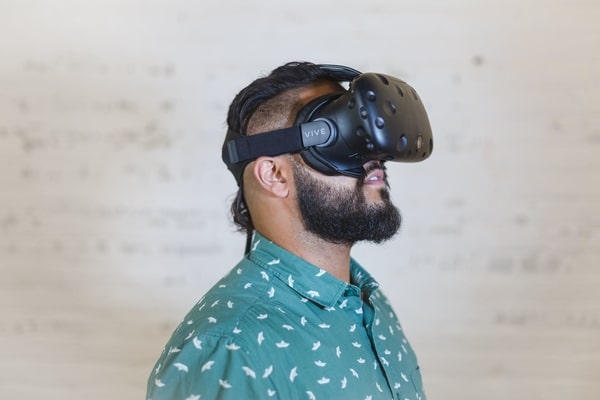It is not uncommon for the video game industry to be cited as a testing ground for new and emerging technologies. After all, over the past decade, we’ve seen gaming help popularize smartphones, change our way of thinking about online collaboration, and help launch streaming platforms. Video games have arguably also contributed to legitimizing the concept of mobile applications.
All of this is quite interesting to think about through the lens of the global technology evolution process. But even within this broader concept, it is also worth considering how casino games have specifically contributed to advancing modern technology.
Three main connections
While the category of casino games is of course not solely responsible for major technological innovations, it is clear that it contributes to them. One of the main reasons this collaboration isn’t easily visualized is perhaps because casino games, particularly online poker, are not necessarily available everywhere in the world. We are fortunate to be able to play them in France, but this is not yet the case in some other countries. Three connections stand out in particular: virtual reality (VR), random number generators, and artificial intelligence.
The first virtual reality games
Strictly speaking, virtual reality dates back several decades, with a few different incursions into gaming and entertainment occurring throughout its development. Today, however, it is fair to say that virtual reality has reached new heights in many fields, sometimes even in everyday life. But modern VR truly emerged, at least from the perspective of mass distribution and consumers, in 2015 and 2016.
Since then, no one has really managed to agree on the actual value or appeal of this form of entertainment. When developers question consumers about the promises fulfilled by VR, they always encounter the same issues: unsuitable games, high cost of headsets, bugs… However, players also express a form of optimism, wanting to experience virtual reality, and in time they will come to realize that its propositions are unique. This indicates that VR gaming is here to stay. And if it develops in the right direction, consumers looking back will actually see that some of the very first concepts tried through this medium were indeed casino games, notably online poker.
Indeed, some simpler attempts at VR poker were quickly developed, along with one or two high-profile animated slot games. But it was in 2018 that Poker VR became one of the most successful games on Oculus. Although many other games have also been successful, it is quite clear that the relatively simple nature of casino games and the public’s enthusiasm for online poker made it a logical choice for the early iterations of modern VR.
Random Number Generators
Every day we see new algorithms emerging that could help prevent online fraudulent transactions. Essentially, these types of algorithms function as advanced random number generators (or RNGs) that can be used to make authenticity tests like CAPTCHA and the generation of one-time passwords more efficient. But as those who know online casinos may be aware, advanced algorithms of this type have already thrived for years as the technological backbone of the online gambling industry.
Every casino software and site developer must have a random number generator certified by an independent agency. The sites hosting the games must have these RNGs verified to ensure they are advanced enough to guarantee fair play. This has thus led the casino industry to play a key role in helping RNG technology over the past few years.
Artificial Intelligence
Artificial intelligence (AI) is another excellent example of a technology that is in no way defined by casino games – but which betting games have undeniably helped propel. There are various examples of AI deployment in this category (including through the loosely related concept of random number generation we’ve just covered). But the most exciting remains the AI that has recently beaten humans at their own game: an AI program called Pluribus, developed by researchers at Facebook and Carnegie Mellon University, defeated 15 professional poker players in six-player Texas Hold’Em.
This may seem like a trivial technological development. Yet those familiar with the game understand that it is much more than that. Texas Hold’Em is a complex variant involving leverage, deception, assumptions, and practically infinite possibilities. In other words, it’s not just a matter of mathematics and probabilities. Pluribus, in some way, had to demonstrate some unusually human capabilities to master the game, making it in some respects one of the most advanced AI systems today.
Conclusion
Through these examples, we can see that the online casino industry has actually been at the forefront of developing some of our most exciting and impactful modern technologies. Again, it’s not about saying that casinos advance these technologies on their own. But understanding the role they play can be valuable for recognizing in the upcoming technological developments used in online casinos an early glimpse of emerging technology.




